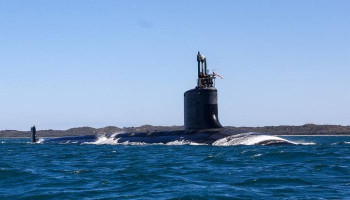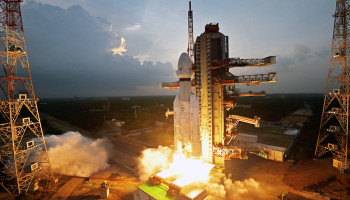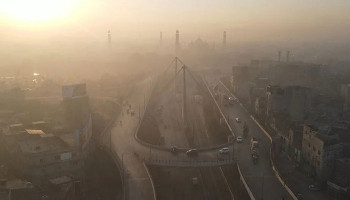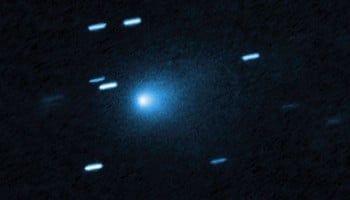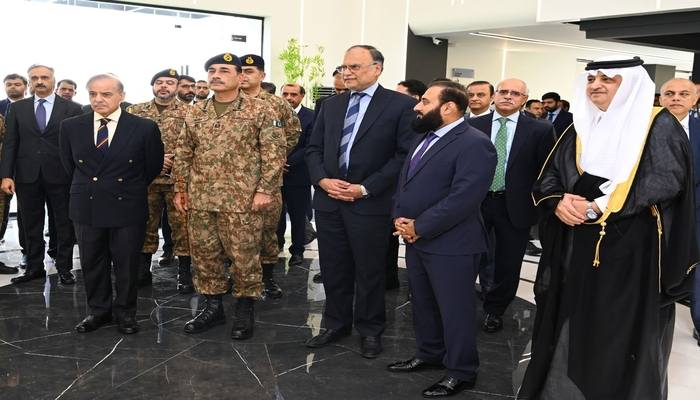
In a landmark stride, the Geoscience Advanced Research Laboratories (GARL) of the Geological Survey of Pakistan (GSP) has been inaugurated in Chak Shahzad, Islamabad, aiming to boost Pakistan’s mineral and mining sector.
Pakistan's minerals sector is reportedly estimated to have untapped reserves worth over $6 trillion, which will be unearthed with the help of the modern GSP’s research infrastructure.
GARL, certified under ISO standards, is equipped with cutting-edge technology that will provide internationally validated data for the mining and exploration industry.
With these enhancements, the GSP is aiming to generate mineral data that aligns with global mining standards. This will also help attract crucial foreign investment.
The GSP was originally established in 1999, and its laboratories have now been revamped after nearly three decades to meet contemporary scientific and industrial needs.
The new lab complex will supply reliable geological data to mining companies, investors, and financial institutions, and promote transparency and efficiency in project planning and execution.
The inauguration was led by Prime Minister Shehbaz Sharif, alongside Field Marshal Syed Asim Munir, federal ministers, and foreign dignitaries.
Officials also highlighted that this initiative is designed to unlock Pakistan’s vast mineral potential, which includes huge deposits of copper, gold, rare earth elements, and lithium.
Although underfunding and outdated equipment have hindered progress, the GSP has played a crucial role in mapping the country’s mineral wealth since the country's inception.







